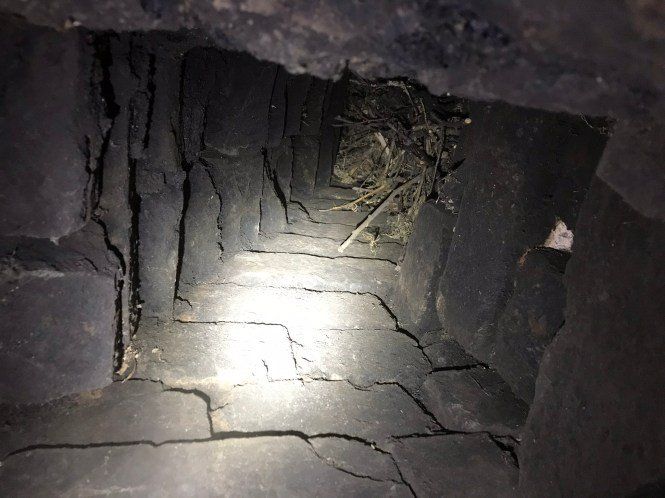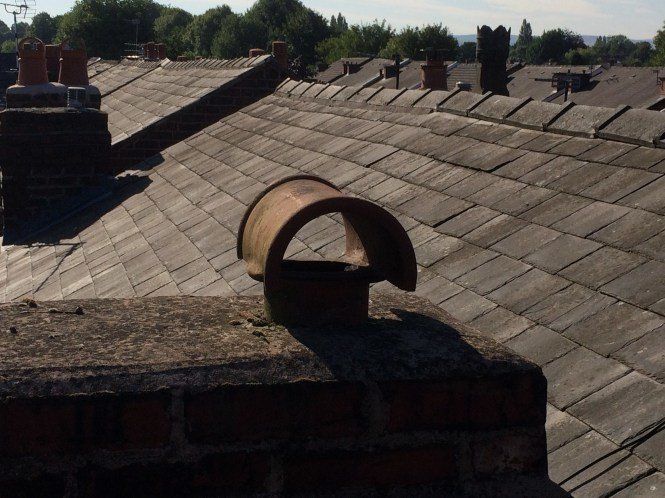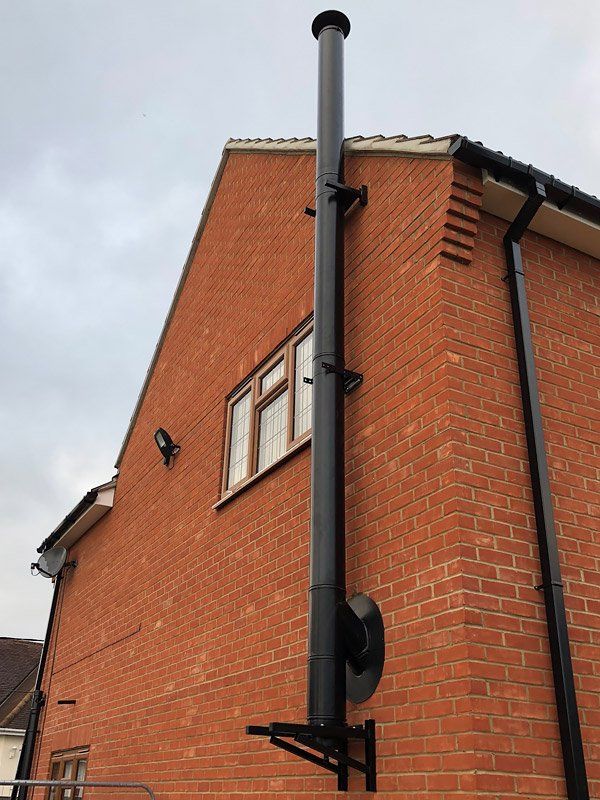Why a Bird Guard Can Save You From SIX MONTHS of Misery
July 1, 2020
ThWhy a Bird Guard Can Save You From SIX MONTHS of Misery is is a subtitle for your new post
There’s nothing more frustrating than not being able to use a fireplace when you want. But imagine having to go without it from winter until the following autumn.
That’s the position you could find yourself in if birds decide to nest in your chimney.
Historically, the nesting season in the UK usually starts around March time. However, over recent years, jackdaws and starlings have started nesting much earlier – sometimes as early as January. They’re also getting more territorial, often returning to the same location year after year.
And once they start building a nest, it is protected by law. Under the Wildlife & Countryside Act 1981, it is an offence to destroy an active bird’s nest without good reason. Simply wanting to use your fire isn’t a good enough reason, and any professional sweep will not break the law.
The truth is, that if your chimney isn’t properly protected and you get caught out, then you simply have to be patient.
Nesting material in a flue
So how can you guard against all this?
One of the most most effective ways to keep your flue from being blocked by a bird nest is to have a suitable guard fitted. There are numerous makes and models on the market, and the type will depend on the sort of fuel you use and also the type of appliance fitted to your flue.
As a generally rule, the cheaper the cowl or birdguard, the less effective they are. Those which simply push into the chimney pot are, in my opinion, worse than useless as they either end up being blown or knocked off. Same with those which are bolted into the chimney pot. They corrode over time and are easily pushed off.
Clay inserts must also never be used, as they restrict the passage of gases and get get clogged very easily. I see this a lot.
With all due respect to roofers, builders or hardware shops, they don’t always have the knowledge to advise on what terminal to use on ‘live’ flues so my advice is always speak to a professional sweep about it.
For traditional flues which are in use for solid fuel, I personally use stainless steel birdguards which are securely attached to the chimney pot using a suitable clip or tough stainless steel wire.
Bonnet cowls such as these must NEVER be used on a live flue
Even if you have the correct bird guard, they can and do corrode/fall off, so it’s important to keep an eye on them. In that scenario, it’s important to have them replaced as soon as possible. Birds are very quick at building nests, and once they take up residence in your chimney, the law is on their side.
Please don’t even attempt to take a nest out on your own. Nests can be huge – most customers are flabbergasted at the size of them. They also harbour pests and diseases. It’s a specialised job and should only be undertaken by a professional sweep.
Trying to ‘burn out’ a nest is also a very silly idea, as it could cause a massive chimney fire, not to mention putting you at serious risk of Carbon Monoxide poisoning.
Bird nests can be large – get a professional to remove it
So do I always recommend a cowl? Generally yes, and definitely on lined chimneys and those with closed appliances (woodburners, multi fuel stoves etc). However, I wouldn’t necessarily recommend one for an open fire where there has been no sign of bird activity. Some open fires can struggle with them, and in some cases an open pot is the best solution. However, if you or your neighbour has had a nest in the past, then I’d definitely recommend one as the chances are heightened.
Make no mistake, if you do get a bird nest, you’ve been a unlucky as some people can go a whole lifetime without having one in their chimney. But, like most things, it’s sensible to err on the side of caution.
An appropriate, well-fitted birdguard will help prevent wildlife from entering your chimney – and allow you to continue to use your fireplace as and when you choose.
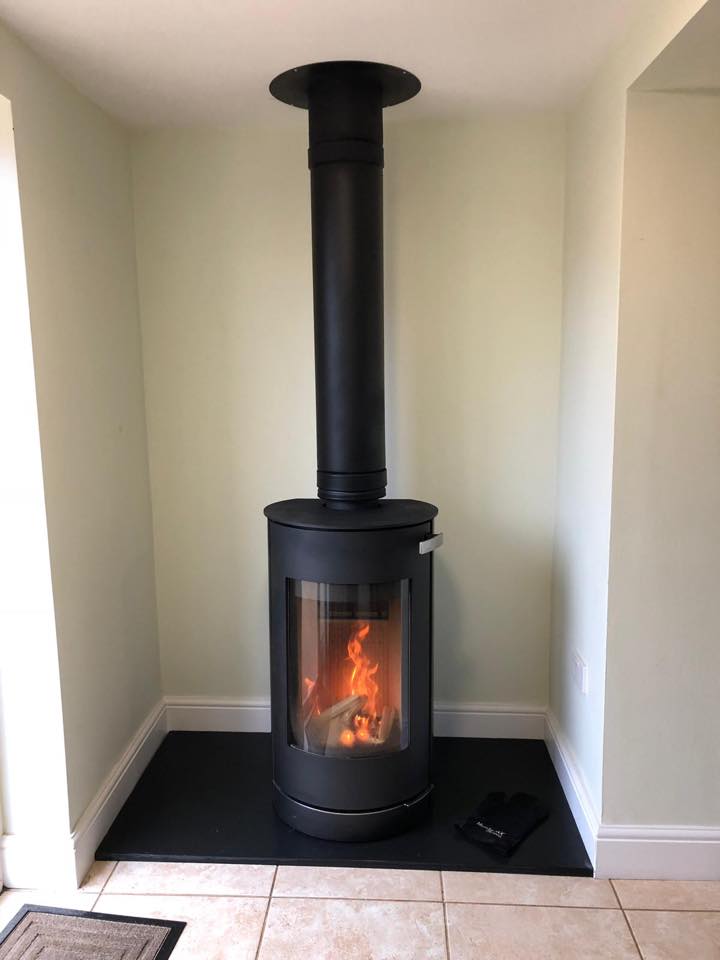
So here we go again. Another lockdown. Back to where we were in March. Well, not exactly. There are some quite big differences, and they’re actually good news for sweeps, stove fitters and their customers. Because unlike in March, when the government’s advice was much misunderstood – prompting many sweeps and installers to down tools – they have been more forthright this time. They have now spelt out, in black and white, that people ARE able to work in other people’s homes. Crystal clear. End of.

SIA Ecodesign Ready Scheme is a new scheme to increase environmental benefits of wood burning stoves. Air Quality is extremley important and Eco Design Ready Stoves reduce emissions by 90% Ecodesign is a European programme to lower emissions and the new regulation will come into force in the UK in 2022. The Ecodesign Ready scheme is supported by DEFRA. The SIA Ecodesign Ready label will set the standard for the most environmentally friendly stoves available today. For more information you can visit Stove Industry Alliance
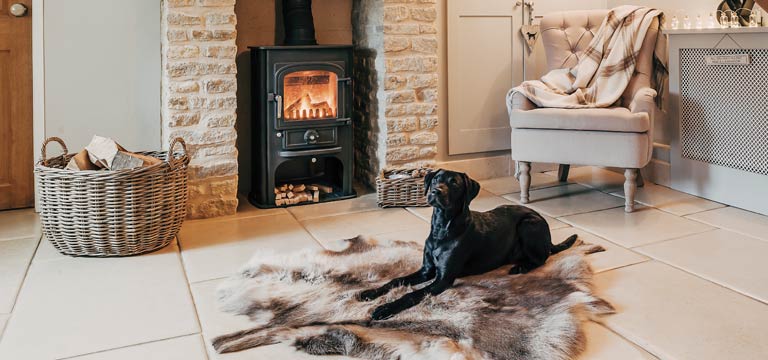
Fireplaces have many functions, from being pieces of history to a simple ‘nice to have’ accessory. But at certain times, they can also prove to be a lifeline. During a power cut, fireplaces can provide a main source of heating. It gives a sense of security as an independent heat source. And for people who are on their own for long periods of time, it can be almost like a companion. Stove and fireplace usage could rise above normal levels over the next few months, given world events. But is your appliance ready to rise to the challenge? The key to having a consistent and effective supply of heat from your fireplace depends on one person – you. Here’s 5 ways YOU can ensure your appliance is in the best shape possible. Book A Chimney Sweep NOW
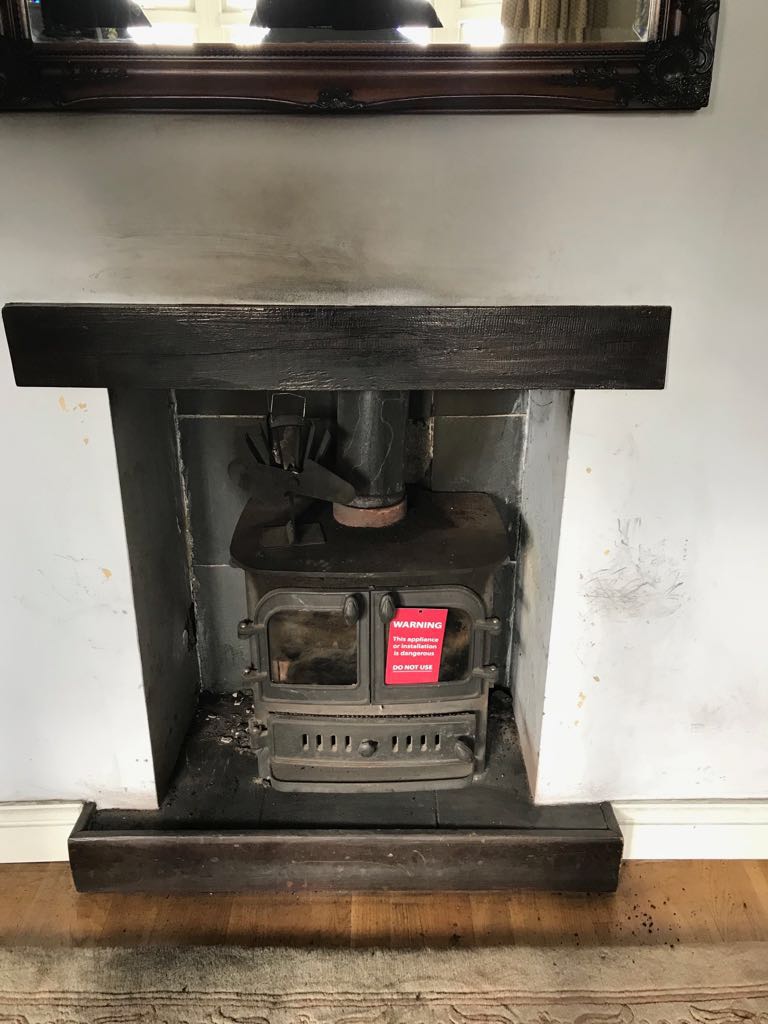
DIY is set to skyrocket in the next few months as more people spend time at home. But there’s some jobs you really should leave to the experts. Among them are fitting your own solid fuel woodburner/open fire or sweeping your chimney. Why? Well put simply they both are highly skilled trades which take years to master.

